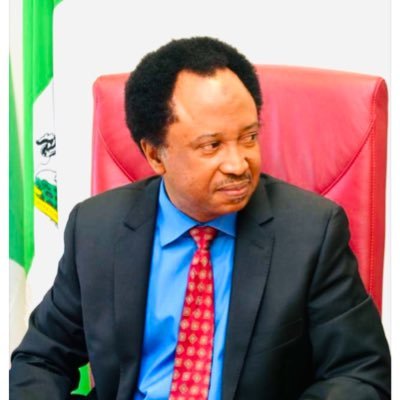The Peering Advocacy and Advancement Center in Africa (PAACA) has said the sacking of terminating of three suspended Resident Electoral Commissioners (RECs) from Adamawa, Sokoto, and Abia states showed President Bola Tinubu and the Independent National Electoral Commission (INEC) commitment to discipline.
TheHintsNews reports that the electoral body had taken initial disciplinary action by suspending the Hudu Yunusa-Ari (Adamawa REC), Dr. Nura Ali (Sokoto REC), and Mr. Ike Uzochukwu (Abia REC) in March 2023 over their alleged misconduct during the general election.
Checks revealed that Yunusa-Ari was suspended for unlawfully usurping the Returning Officer’s role in the Adamawa governorship election and making an unauthorised declaration of results, while Uzochukwu was suspended for dereliction of duty, with Ali also facing prosecution over bribery allegations.
However, Tinubu on Wednesday made a formal request to the Senate for the termination of the appointments of Hudu Yunusa-Ari (Adamawa REC), Dr. Nura Ali (Sokoto REC), and Mr. Ike Uzochukwu (Abia REC).
The Executive of PAAC, Ezenwa Nwagwu, in a statement issued Friday described the described the development as a significant step toward ensuring accountability and restoring public trust in Nigeria’s electoral process.
He explained the complexity involved in the discipline of personnel of the electoral commission, as it took over one year after their suspension before their eventual sack.
Ezenwa noted: “The decision of President Bola Tinubu to formally request the Senate to terminate the appointments of the three RECS points to the fact that while some Nigerians argue about INEC’s regulatory powers, it is imperative to recognise the constitutional framework within which the commission operates.
“It is essential to remember that the suspension of these officials for over a year highlights the complex process required for their removal, which necessitates the combined action of the President and the National Assembly.
“During this period, these individuals continued to receive full salaries, emphasising the need for oversight institutions to act decisively in the public interest.”
The advocacy group also lauded INEC for its commitment to electoral integrity, citing the recent conviction of Professor Ignatius Uduk in Akwa Ibom State.
Uduk, a university lecturer, was sentenced to three years in prison for electoral fraud in the 2019 general election, marking a rare but significant victory in the fight against election malpractice.
Ezenwa was of the opinion that INEC’s internal disciplinary measures set a precedent that should be emulated by political parties and security agencies.
He added: “We also call on political parties and security agencies to emulate INEC which has shown that it can hold its own personnel accountable for their actions. This is a significant step towards restoring public trust in the electoral process.
“Political parties and security agencies must take concrete steps to hold their personnel accountable for any actions that compromise the electoral process. This includes establishing robust mechanisms for investigating and disciplining errant personnel, which is essential for rebuilding public trust in the electoral system.”














